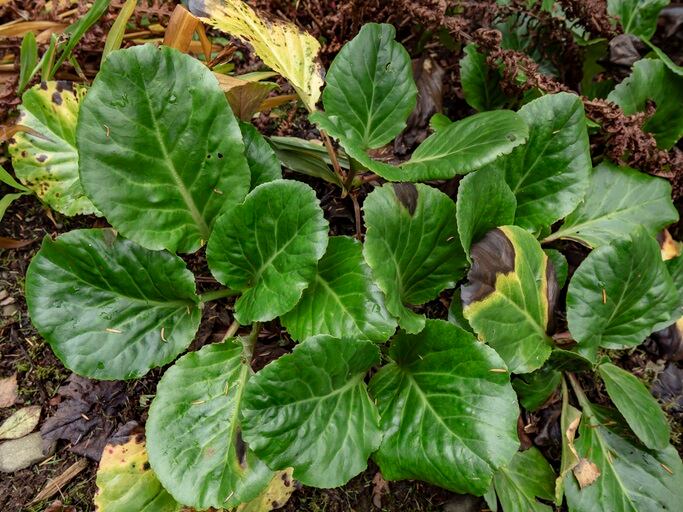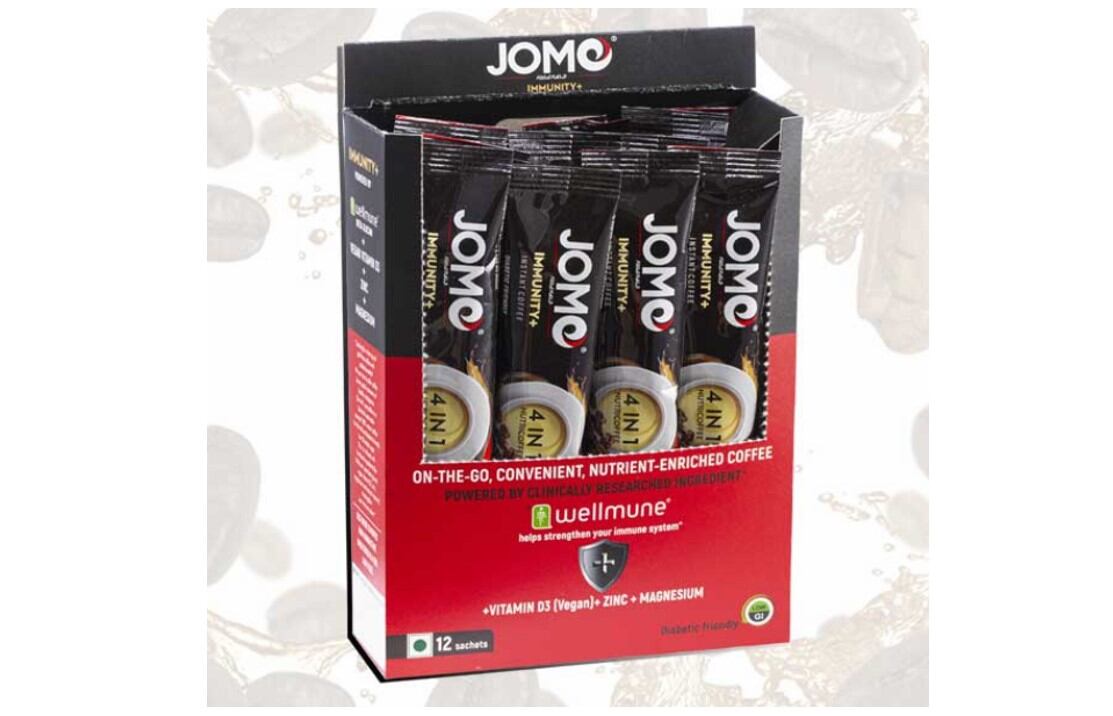The botanical formula contains locally grown Bergenia ciliata as the key ingredient.
The formula was developed by national research institute Council of Scientific and Industrial Research – Indian Institute of Integrative Medicine (CSIR-IIIM) Jammu.
Viridis BioPharma’s CEO Dilip Mehta told NutraIngredients-Asia that the formula would be commercialised into a nutraceutical capsule in India and marketed as an ingredient overseas, with United States as one of the key target markets.
The company has engaged contract research organisation Vedic Lifesciences in carrying out a human clinical study and plans to apply for the Generally Recognised As Safe (GRAS) status after the trial is completed.
“I believe this will be one of the top-notch products because its efficacy has been shown in the animal model,” he said, adding that the formula worked via the antinociceptive pathway – a different mechanism as compared to several existing solutions for rheumatoid arthritis.
Antinociception refers to the action or process of blocking the detection of a painful or injurious stimulus by sensory neurons.
“Today, there is a need for a new mechanism. Boswellia Serrata, which is used in many products in the US today, works by modulating the cox-1 and cox-2 channels. Here, we are looking at the antinociceptive pathway and Bergenia ciliata is working through this pathway. We think that the picture gets completed when you have Bergenia ciliata as well.
“It is one thing when you find that something is going wrong at the muscular level, it is another thing when you find that something is going wrong at the neuronal level.
“When we are talking about antinociceptive, we are primarily concerned with the nerves, and nerves pain is difficult to address. Today, you do not have that many natural solutions for that,” he said, on why he was attracted to the science behind the formula.
Both Viridis Biopharma and CSIR-IIIM (Jammu) have signed a partnership for technology transfer of the formula which comes in a gastroretentive sustained release capsule format.
Dual properties
The team at CSIR-IIIM (Jammu) spent about 10 years studying and developing the formula – also known IIIM-160-SR in the institute.
Dr Ram Vishwakarma, advisor to CSIR New Delhi, who led the R&D of the formula during his time as the director of CSIR-IIIM (Jammu) with his successor Dr D. S Reddy, current director of CSIR-IIIM (Jammu), told us that Bergenia ciliata has shown dual properties in managing rheumatoid arthritis.

“First, it showed anti-inflammatory property, reducing pro-inflammatory cytokines like IL-1, IL-6, and TNF-alpha.
“That was interesting because the industry has been looking for a safer TNF-alpha inhibitor, because if you inhibit these cytokines using antibodies which are therapeutics for rheumatoid arthritis, they can actually cause extra immune-suppression.
“In this case, the patients who take the antibodies become susceptible to infections, viral infections, so you do not want to suppress these cytokines too much, like what is happening in the current COVID-19 pandemic."
To date, the institute has performed a systematic study on the botanical's anti-inflammatory and anti-arthritic properties, as well as its antinociceptive activities in various cellular and animal models.
The safety profile has been demonstrated in regulatory toxicology studies and the institute has also secured a patent.
Findings of the formula has been published in the Journal of Integrative Medicine in 2019.
“The second interesting property that we found, which has also made me excited, is that the botanical is also antinociceptive. Nociception is the process of the body through which we sense pain. In fact, the Nobel prize winners this year discovered the receptors which give us the ability to sense pain.”
He was referring to David Julius and Ardem Patapoutian, who were the joint winners of the Nobel Prize in Physiology/Medicine this year. They were awarded for their discoveries of receptors for temperature and touch.
“What we found is that the plant is antinociceptive, which means it reduces your ability to feel pain, and people who suffer from rheumatoid arthritis or arthritis continuously experience systemic pain.
“Under those systematic pain, it is not advisable to give them non-steroidal anti-inflammatory drugs (NSAIDs) like aspirin, because they can cause kidney damage and all kinds of contraindications when taken in the long term.”
Dr Vishwakarma said that the eventual goal was to develop the formula into a drug via the phyto-pharmaceutical route.





